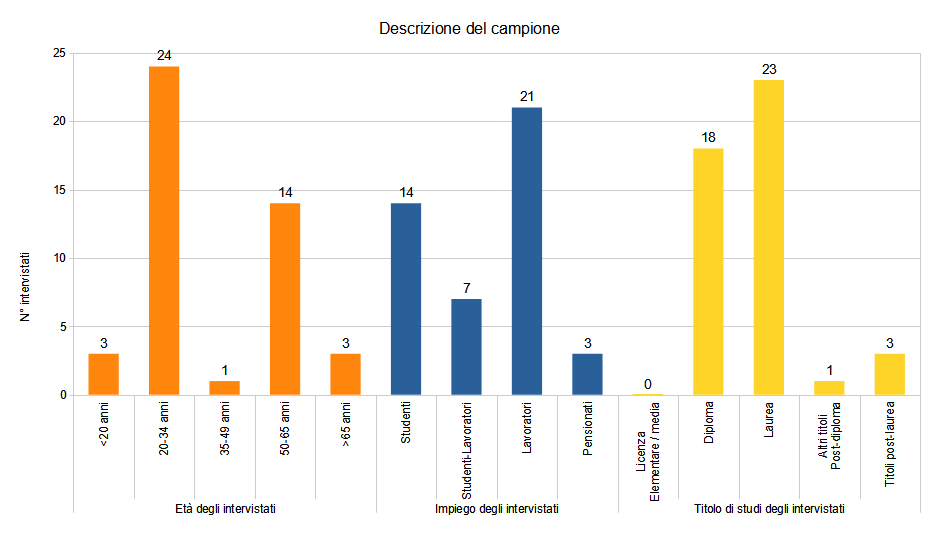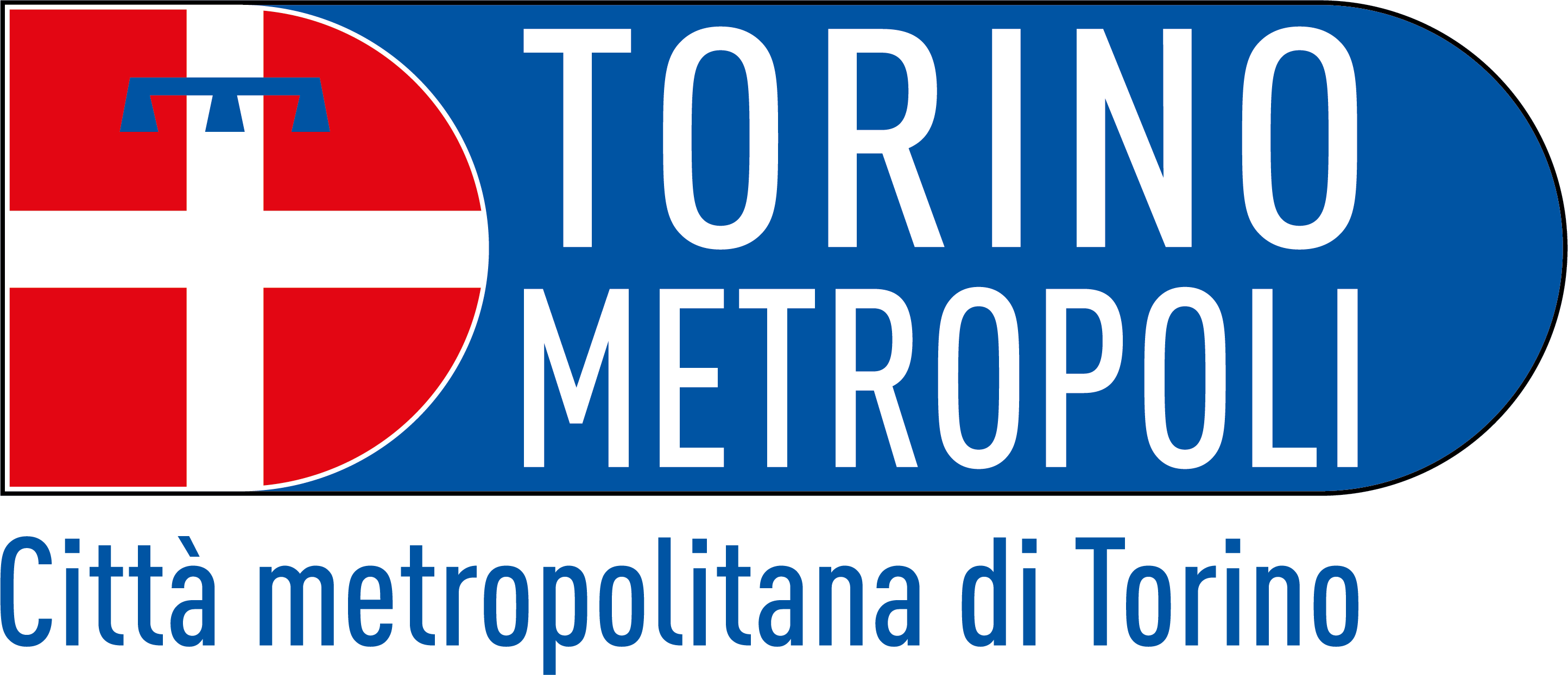Do you routinely separate waste? How satisfied are you with the service? Do you buy bulk products? These are just some of the questions asked in a series of interviews with citizens in the metropolitan area.
Reading time: 4 min.
Volunteers of the Universal Civil Service of the Ufficio Ciclo Integrato dei Rifiuti e Economia Circolare of the Città metropolitana di Torino interviewed citizens of the territory with the aim of investigating consumer perceptions on separate waste collection and in particular on the use of single-use packaging.
The idea was born with the intention of promoting the European Week for Waste Reduction (EWWR) and with the more general goal of creating dialogue around the topic of waste and its reduction.
Interviewees
Interviews were conducted on three different days at the main office of the Città metropolitana di Torino (C.so Inghilterra 7), the Porta Palazzo market, and the university area of Palazzo Nuovo.
A total of 45 people were interviewed, 27 of whom live in Turin, with the remainder coming from other cities in the metropolitan area. An attempt was made, as far as possible, to differentiate the sample, with the aim of gaining different perspectives and points of view. Please refer to the following image (Chart) for additional information about the sample of respondents:

How satisfied are you with the recycling collection service?
The most popular recycling collection system in the sample is "door-to-door" (29 respondents), while 13 are served by so-called "neighbourhood collection". The remaining 3 are served by "classic" street bins (without controlled access).
Among the respondents, satisfaction with the collection service is quite high: as many as 35 rated the service as very good. In particular, the service is often considered reliable and punctual. However, a number of critical issues and problems emerged, especially related to litter abandonment, poor distribution of bins, and poor communication and promotion on the issue.
Some doubts also emerge about the proper disposal of certain types of waste in the separate collection: the main suspects are Tetra Pak [1] and polybagged products [2] (waterproof materials consisting of multiple layers typically used to package food).
Are there daily actions you take to produce less waste?
Recycling is not everything. Even more fundamental is the prevention of waste generation. We asked if and what daily actions are done with this goal in mind. Some examples? Not buying bottled water, buying detergent on tap, reusing their packaging to buy bulk products, exploring the second hand market.
As many as 36 respondents say they are careful and active in reducing their waste, generally tending to avoid single-use and especially not buying bottled water. Instead, cleaning products, including washing machine detergent, and infusions such as tea and herbal teas emerge among the most purchased bulk products.
There are also those who do not take any of the listed actions: these respondents say, for example, that they are not accustomed to buying second-hand products or using a water bottle.
Single-use packaging: a story destined to last?
"The use of single-use packaging is still unavoidable, mainly because of issues related to the protection of food (and non-food) products during their transportation, but also because of their convenience". This statement sums up the common opinion of about half of the respondents.
In contrast, the other half believe that the use of single-use packaging is avoidable in favor of reusable alternatives.
A polarization on the issue seems to emerge. However, all respondents agree in highlighting the main obstacles to a cultural and economic change in the country toward the elimination of single-use packaging:
- convenience of single-use;
- widespread use in the distribution chain;
- poor communication about good waste reduction practices and alternatives.
Let's summarize!
These interviews reveal a general awareness of issues related to proper waste management but also waste reduction.
Among the critical issues found, we want to emphasize the elements perceived as obstacles to the reduction of single-use packaging. On the other hand, the perceived convenience associated with this packaging as well as its diffusion bring out a lack of knowledge and/or diffusion of reusable alternatives.
Hence, there is a strong need for communication related to the good practices that can be adopted as well as the individual and collective benefits, both economic and environmental, that result. Such promotion could influence people's perception of single-use packaging, which for nearly half of the respondents is still essential and, for certain types of products, unavoidable. Finally, the need to increase the individual benefits associated with such behaviors is emphasized in order to induce more citizens to adopt them.
Giacomo Pace
Notes:
[1] In the metropolitan area, Tetra Pak packaging is collected together with paper
[2] Not all polybags are the same: as a general rule you should identify the prevailing material and give the packaging in the corresponding collection. If you have any doubts, consult the packaging labels and the regulations of your municipality or collection manager to find out in which collection it should be given
To learn more about citizens' perceptions of choices and styles of consumption of goods and services, we invite you to consult the "Consumi circolari" survey carried out by CEN and Legacoop in collaboration with IPSOS, which addresses some of the issues concerning the interviews we conducted.
Do you have doubts about proper waste disposal? Check out our Waste Dictionary for more quality waste collection!
Want to reduce the use of packaging during your shopping? Check out our Reduce and Reuse Points map, where you can find plenty of stores that sell bulk products without packaging and detergents on tap!
